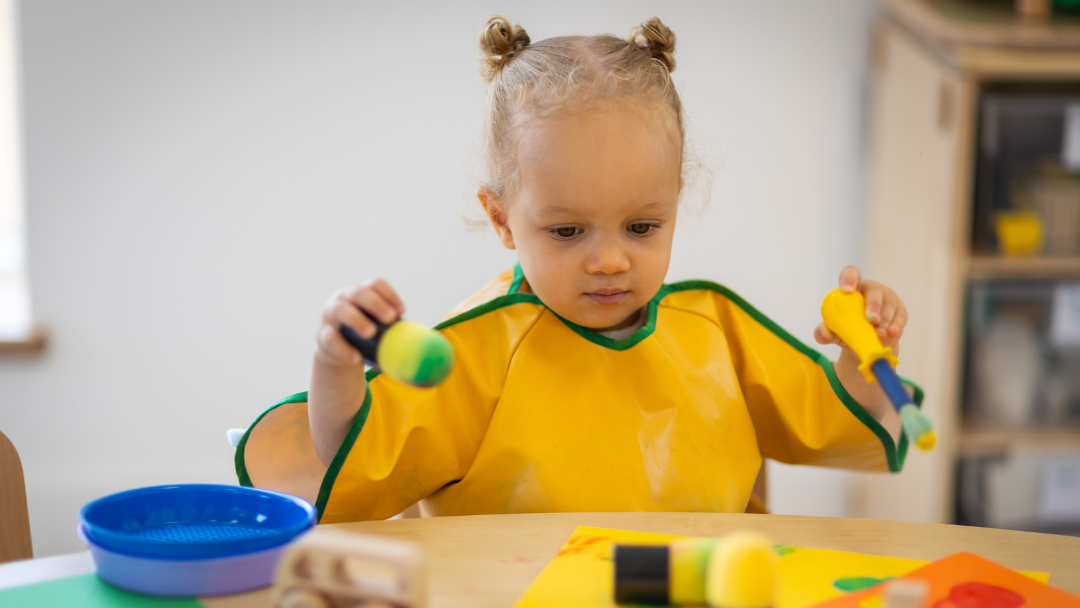Social development in early childhood refers to the gradual acquisition of social skills and the ability to form relationships with others. It involves the child's ability to interact, communicate, and cooperate with peers and adults. Social development is a crucial aspect of a child's overall development as it lays the foundation for future social interactions and relationships.
- Understanding Social Development
- Stages of Social Development in Early Childhood
- Factors Influencing Social Development
- Signs of Healthy Social Development
- Challenges in Social Development
- Conclusion
Understanding Social Development
Social development in early childhood encompasses a range of competencies that children develop as they grow. It includes emotional regulation, empathy, self-control, and understanding social norms and expectations. These skills are essential for forming positive relationships and navigating the social world.
As children progress through early childhood, their social development continues to evolve. They begin to grasp more complex social concepts, such as perspective-taking and understanding the feelings of others. This deeper level of social understanding allows them to engage in more meaningful interactions and develop a stronger sense of empathy towards their peers.
Definition of Social Development in Early Childhood
Social development in early childhood refers to the gradual acquisition of social skills and the ability to form relationships with others. It involves the child's ability to interact, communicate, and cooperate with peers and adults.
Furthermore, social development in early childhood also encompasses the development of social identity and cultural awareness. Children start to recognise their place within various social groups and communities, shaping their sense of belonging and understanding of diversity.
Social Development at Fennies
We support the social development of children under five, creating an environment that nurtures their ability to communicate, interact, and understand the world around them. Our educators play a key role in this, providing consistent interactions that help children feel secure and valued. One-on-one time with staff is important, as it helps build children's confidence in communication, allowing them to express themselves freely and develop strong language skills.
Group activities are equally important, as they encourage children to interact with their peers, building confidence in social situations. During these activities, our educators model conversations, helping children understand the structure of dialogue and the give-and-take nature of communication. This modelling also extends to emotional literacy, where we support children in recognising and talking about their own feelings, as well as understanding the emotions of others. This helps them read social situations, respond appropriately and develop respect for each other.
We encourage children to be curious, ask questions, and we celebrate their uniqueness and unique experiences by giving them the self-esteem to talk about themselves and their lives. We help children understand the importance of boundaries and acceptable social conduct, guiding them to develop respect for others while navigating social interactions with confidence and empathy.
Importance of Social Development
Social development plays a crucial role in shaping a child's overall well-being and success in life. Children who have strong social skills tend to have better mental health, academic performance, and overall life satisfaction. They can build supportive friendships, resolve conflicts peacefully, and adapt to new social situations with ease.
Moreover, strong social development in early childhood sets a foundation for future interpersonal relationships and professional success. The ability to collaborate effectively, communicate clearly, and empathise with others are all skills that are honed during early social development and continue to be valuable throughout one's life.
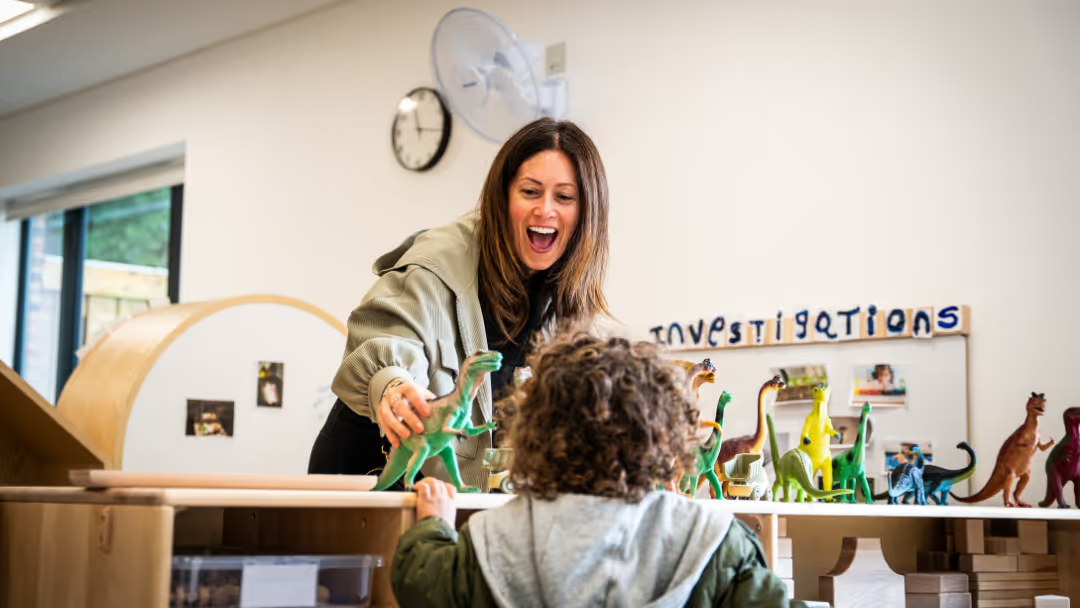
Stages of Social Development in Early Childhood
Social development in early childhood progresses through different stages. Let's explore these stages and their characteristics:
Infancy Stage (0-2 Years)
During infancy, social development involves developing attachment to caregivers and recognising familiar faces and voices. Infants start to smile, vocalise, and respond to social stimuli. They learn to engage in turn-taking games like peek-a-boo and may show early signs of empathy. This stage is crucial for forming secure attachments, which serve as the foundation for future social relationships. Infants also begin to understand simple social cues, such as responding to smiles or gestures from others.
As infants grow, they start to show preferences for familiar people and may display separation anxiety when apart from their primary caregivers. This stage is marked by rapid social development as infants learn to navigate their social world and form bonds with those around them.
Toddler Stage (2-4 Years)
Toddlers become increasingly aware of their peers and engage in parallel play. They begin to express their emotions more clearly and seek social interaction. They develop early communication and language skills, engage in simple role-playing, and start sharing toys (although with occasional conflicts). During this stage, toddlers also start to assert their independence and may experience conflicts with peers as they learn to navigate social situations. This period is crucial for developing social skills such as sharing, taking turns, and resolving conflicts peacefully.
As toddlers interact more with their peers, they start to form friendships based on shared interests and activities. They learn to cooperate in group settings, follow simple rules during play, and express their needs and desires verbally. This stage sets the foundation for more complex social interactions in later childhood and adolescence.
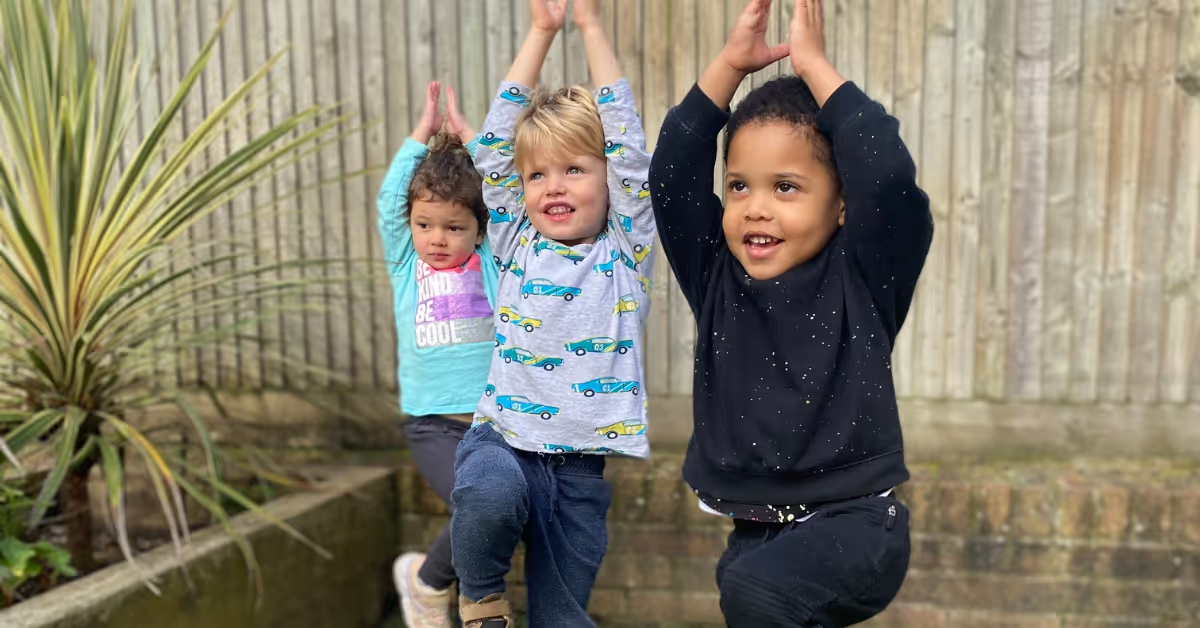
Factors Influencing Social Development
Several factors can influence a child's social development during early childhood. These factors include:
Family Influence
The family environment plays a vital role in shaping a child's social development. Positive interactions, communication, and emotional support within the family contribute to the development of strong social skills. Conversely, a lack of social support or exposure to negative family dynamics can hinder social development.
Peer Influence
As children interact and play with their peers, especially when attending nursery, they learn important social skills such as sharing, taking turns, and resolving conflicts. Positive peer relationships can foster social development and provide opportunities for learning from others. Conversely, negative peer experiences can lead to social setbacks and difficulties.
Cultural Influence
Cultural norms and values influence a child's social development. Each culture has its own expectations regarding social behaviours and interactions. Children learn appropriate social behaviour through observation, guidance, and teaching within their cultural context.
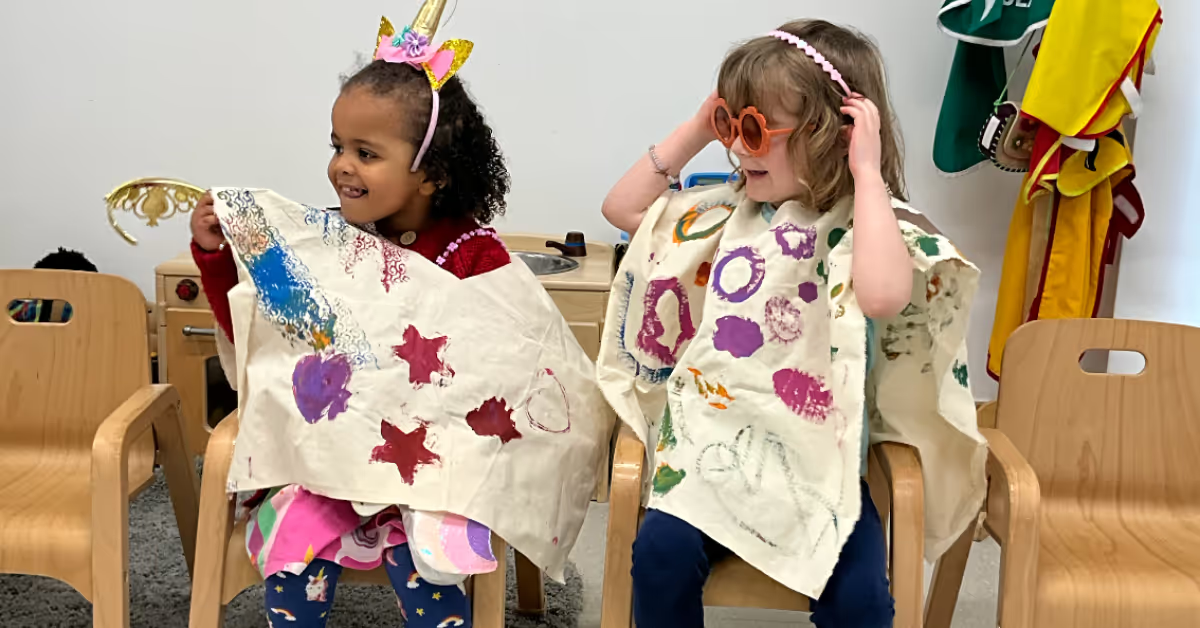
Signs of Healthy Social Development
Children who exhibit healthy social development demonstrate certain positive behaviours and possess specific social skills. Here are some signs of healthy social development:
Positive Social Behaviours in Early Childhood
Healthy social development is reflected in positive behaviours such as sharing, cooperating, taking turns, showing empathy, and being considerate of others' feelings. Children who display these behaviours have an easier time forming and maintaining positive relationships.
Social Skills to Look For
Healthy social development is also evident in the acquisition of specific social skills, including effective communication, conflict resolution, emotional regulation, and understanding social cues. These skills enable children to navigate social situations successfully and establish healthy relationships.
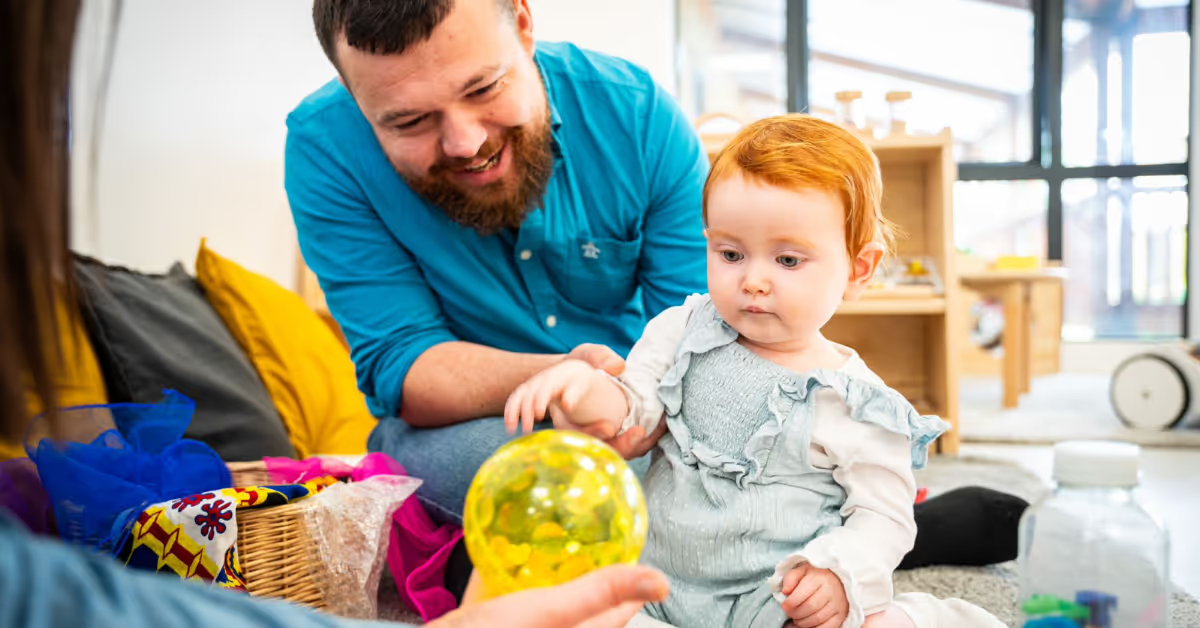
Challenges in Social Development
While many children progress smoothly in their social development, there can be challenges along the way. Recognising and addressing these challenges is essential to promote healthy social development.
Common Social Development Issues
Social development issues can include difficulties in forming friendships, trouble managing strong emotions, struggles with sharing and taking turns, and problems with communication and understanding social cues. Some children may display aggressive behaviour or have difficulties adapting to new social situations.
How to Address Social Development Challenges
Addressing social development challenges requires a supportive and inclusive environment. Strategies such as teaching social skills explicitly, providing opportunities for social interaction, and fostering a sense of belonging can help children overcome these challenges. In some cases, professional guidance may be necessary.
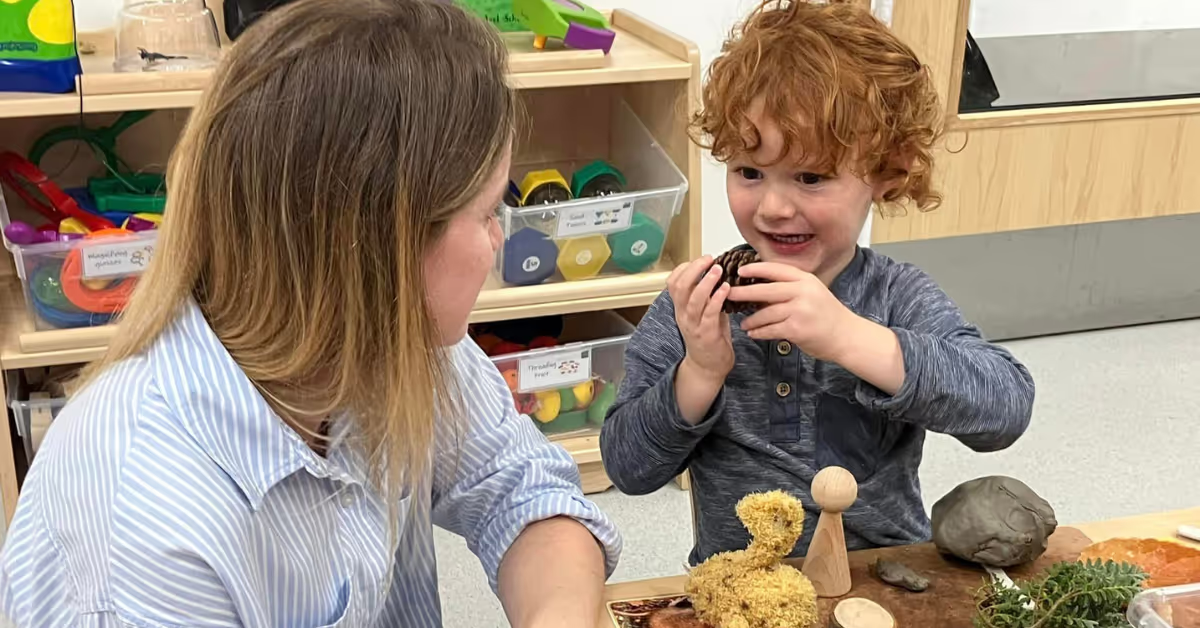
Conclusion
Understanding and promoting social development in early childhood is crucial for a child's overall growth and well-being. By providing a nurturing and supportive environment, teaching social skills, and addressing challenges, parents, educators, and caregivers like nursery teachers, can play a significant role in fostering healthy social development in children. Through positive social interactions and relationships, children can develop the skills they need to thrive in their social lives and succeed in their future endeavours.
Discover more about Fennies, our nurseries and our ethos including how we support social development, by clicking here.
FAQ
Subscribe to our newsletter
Stay up to date with Fennies news


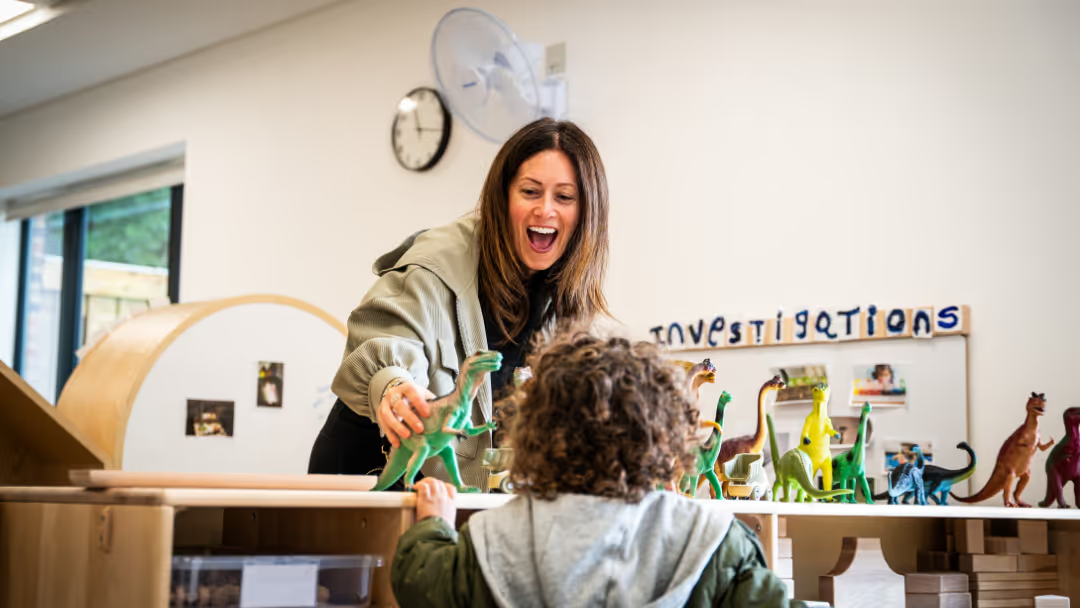
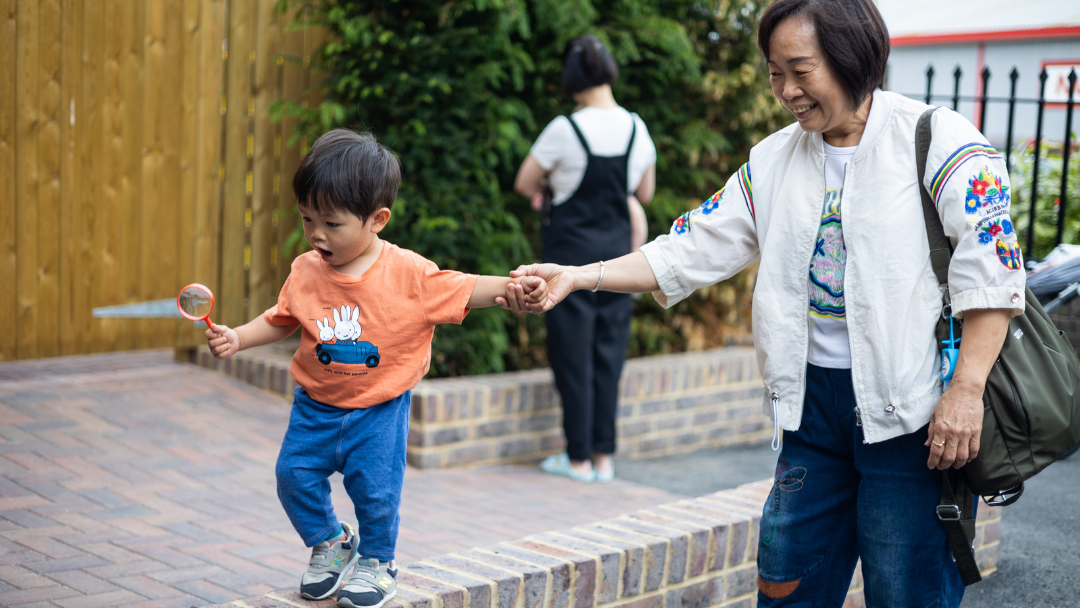

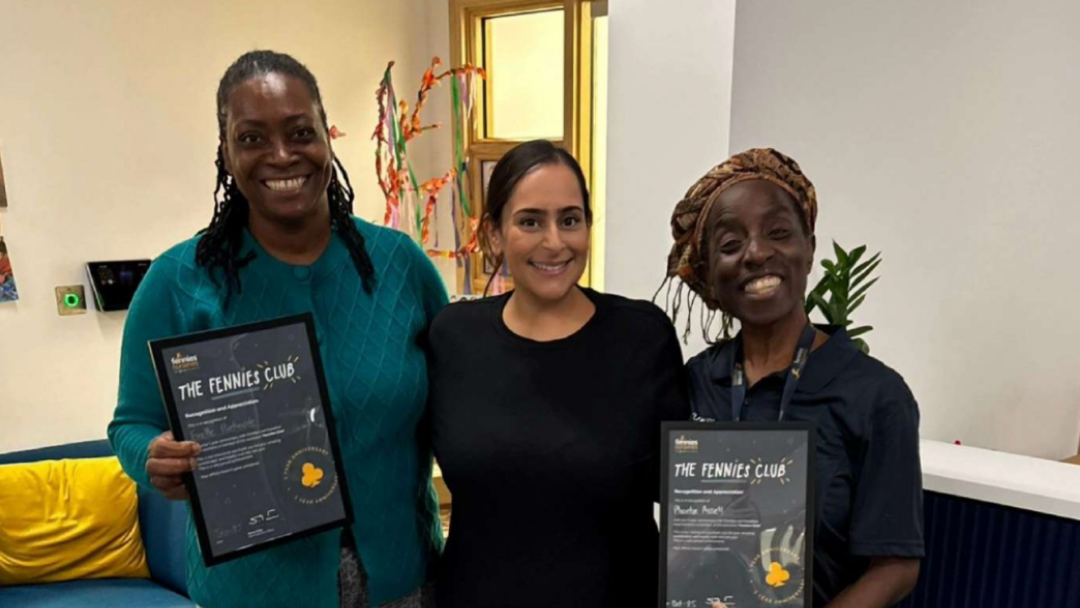

.png)
